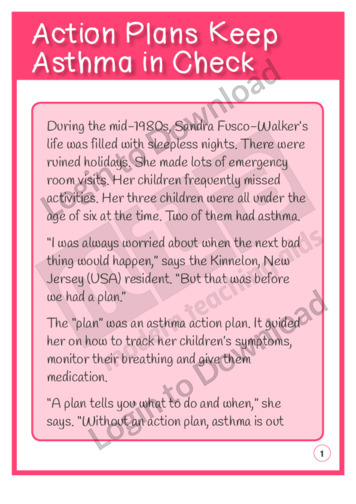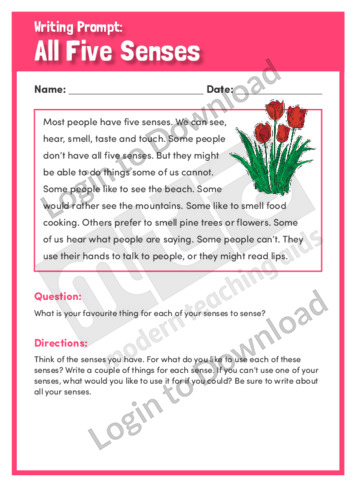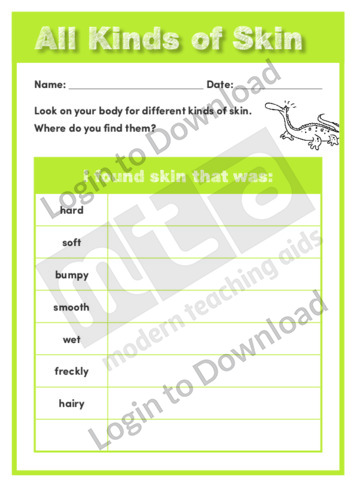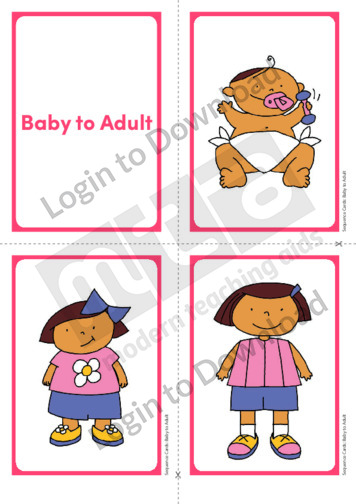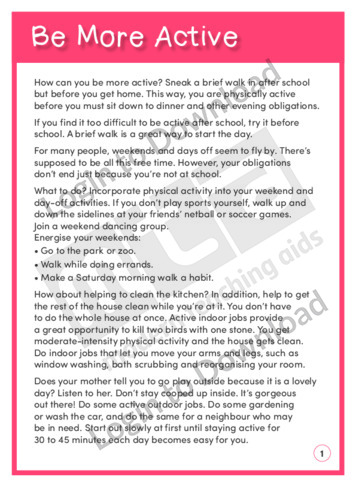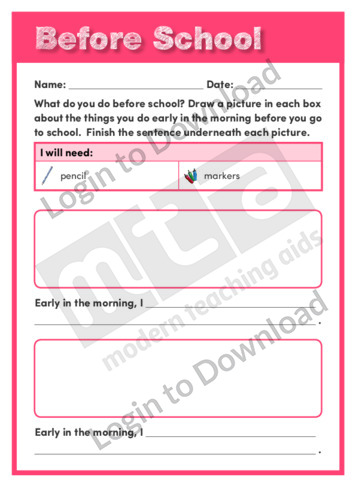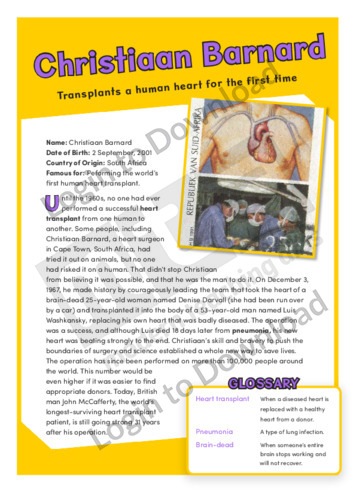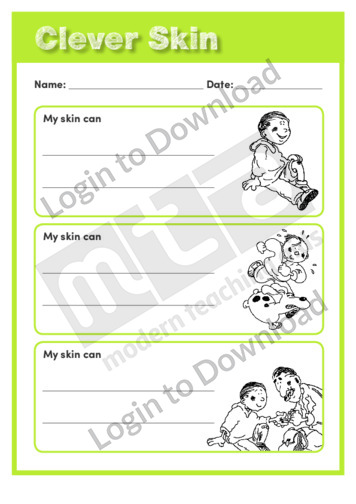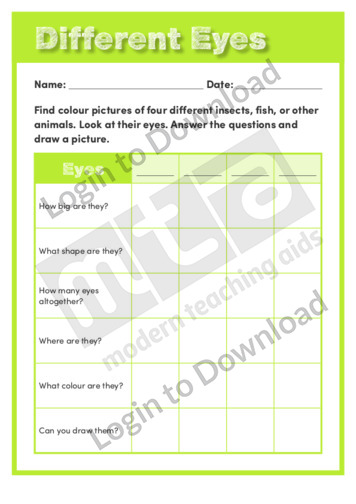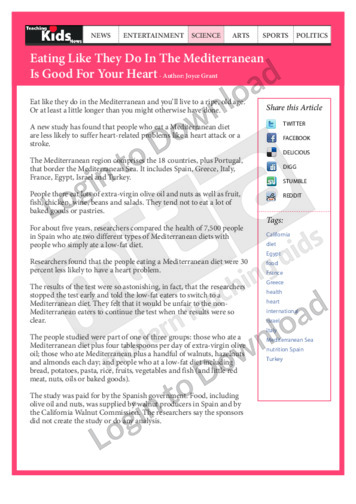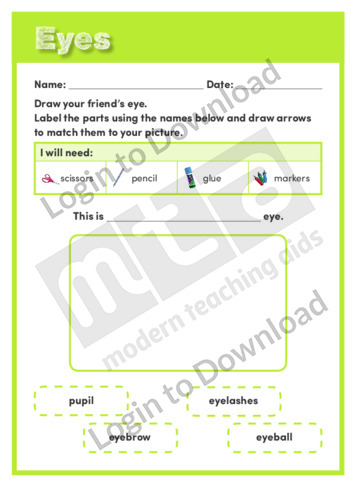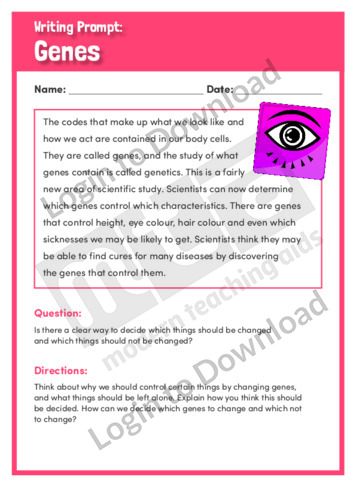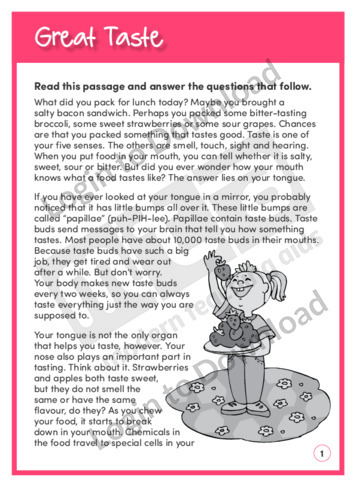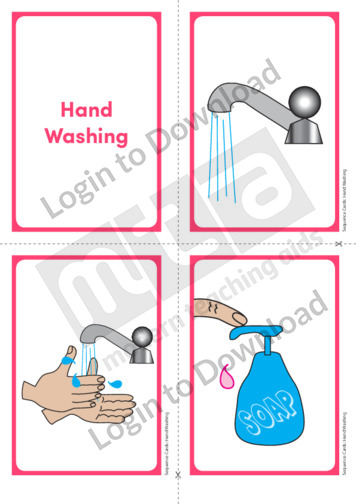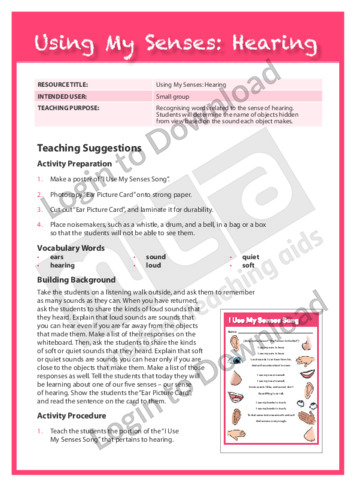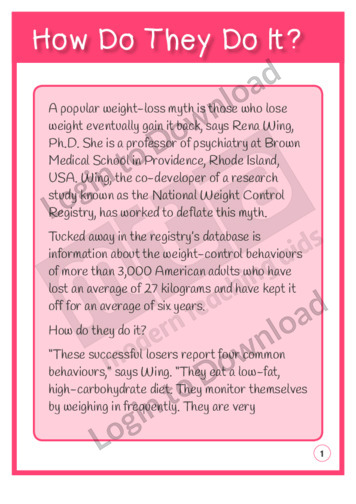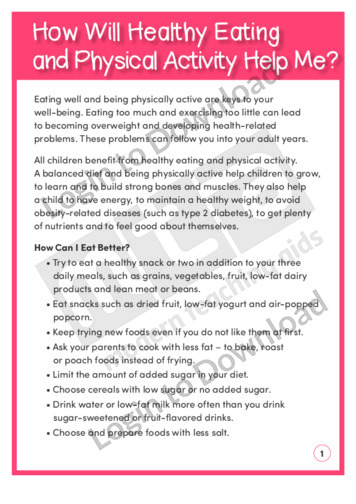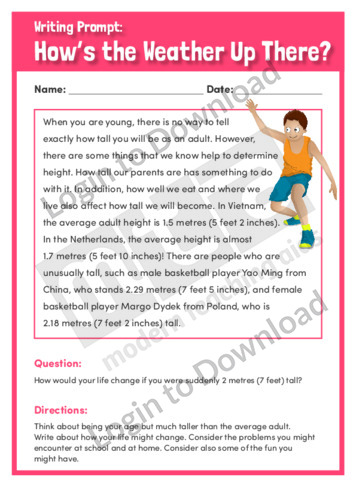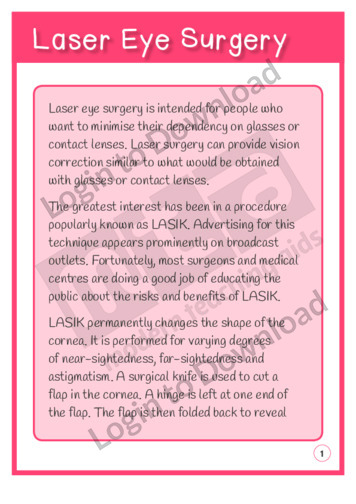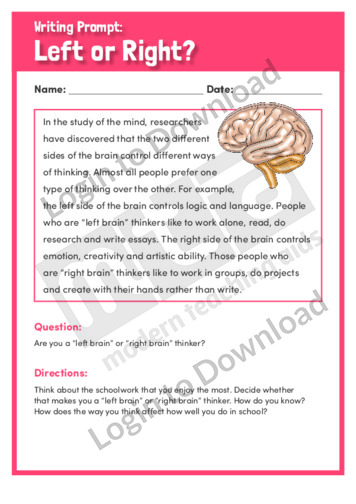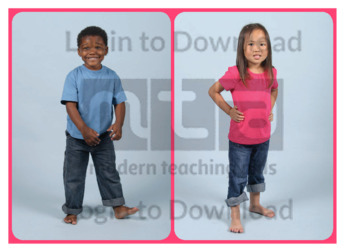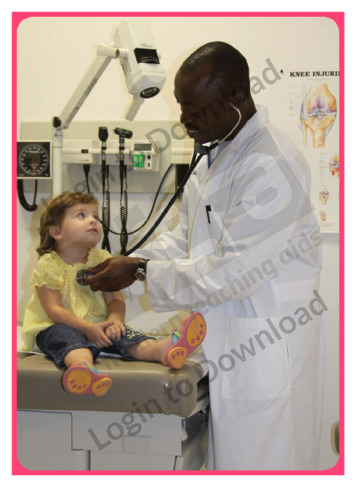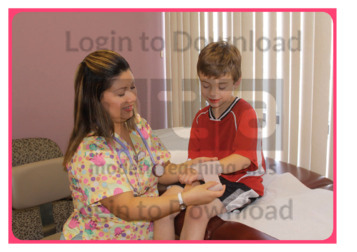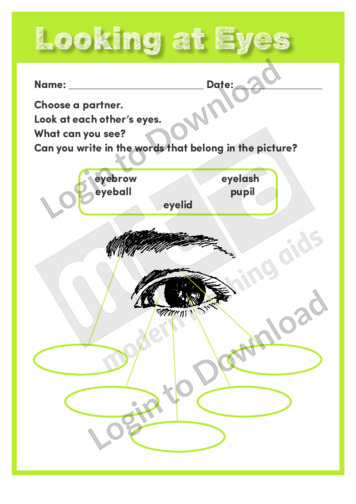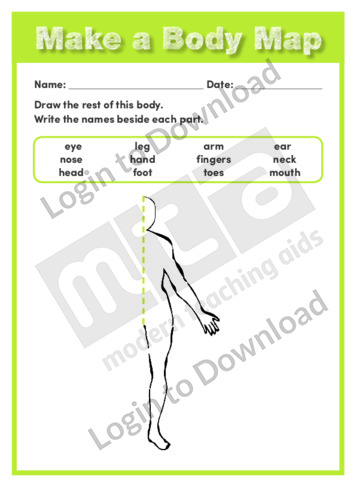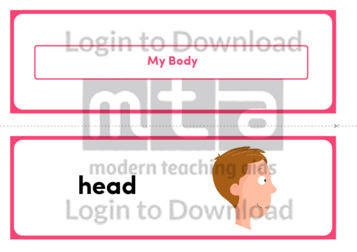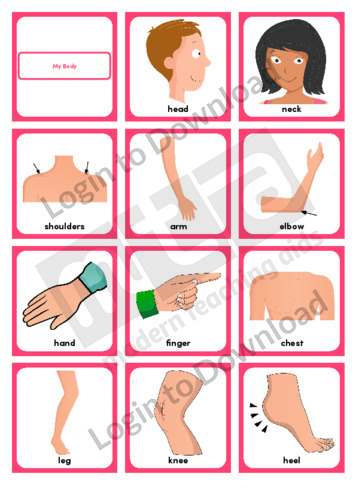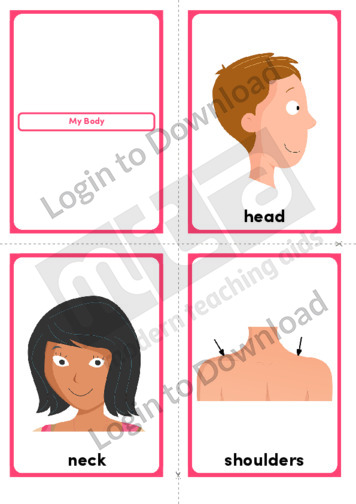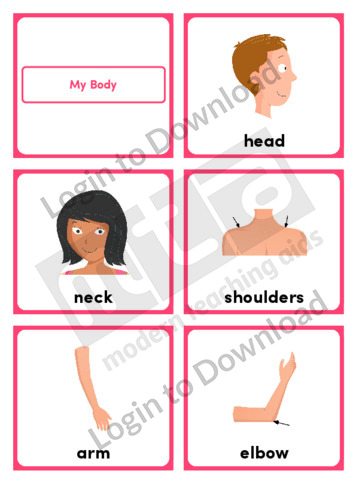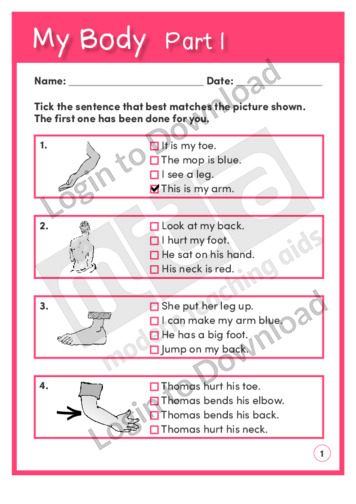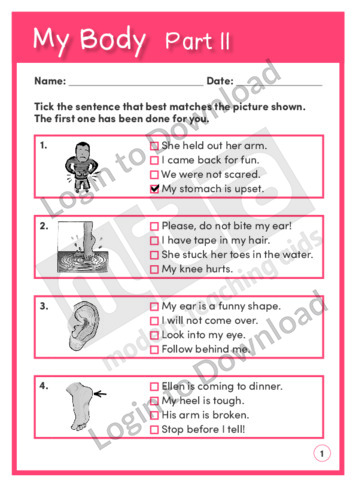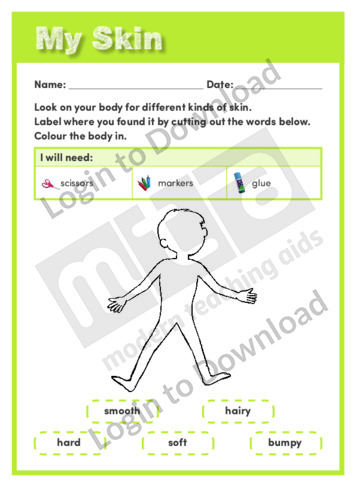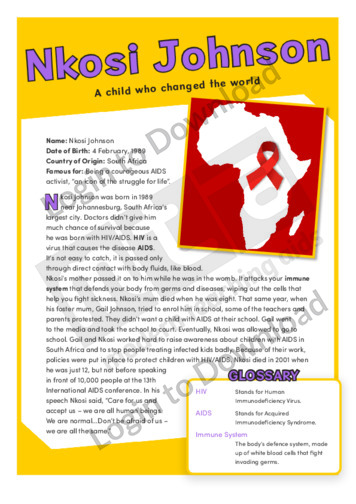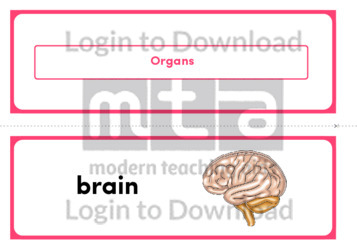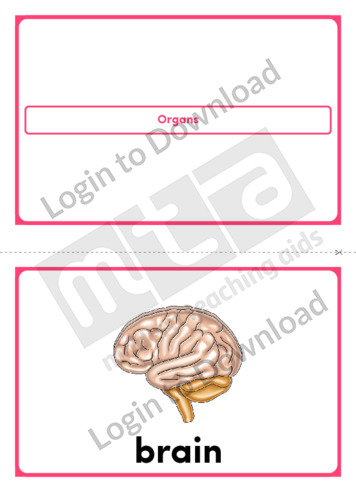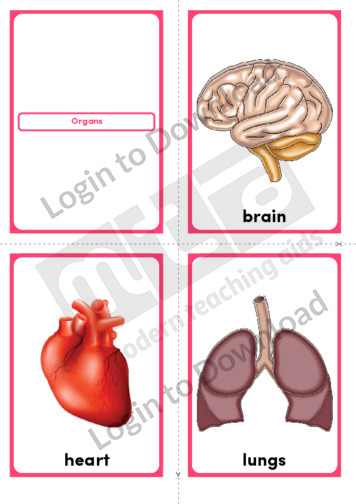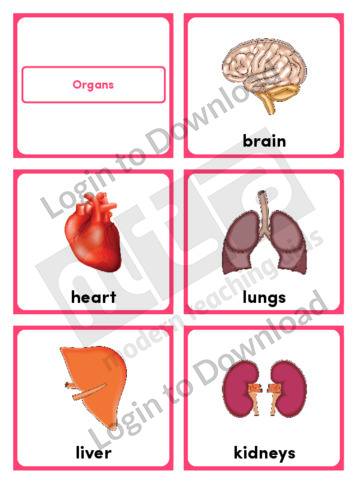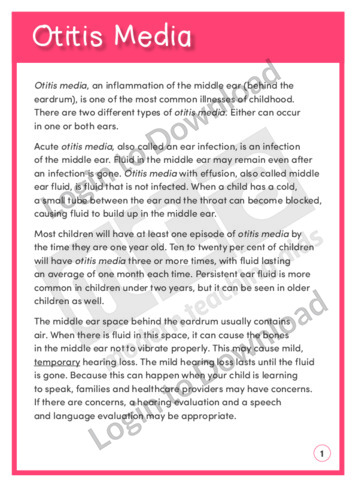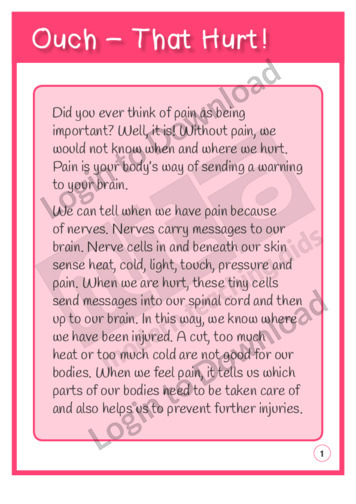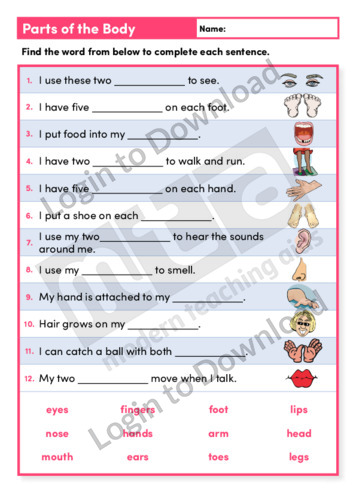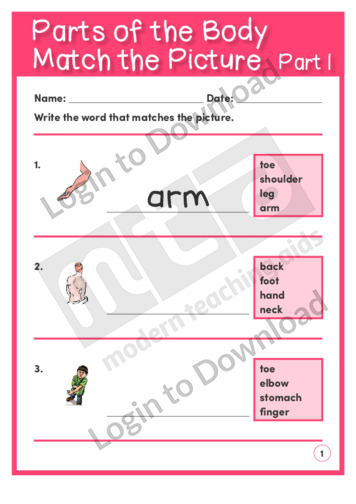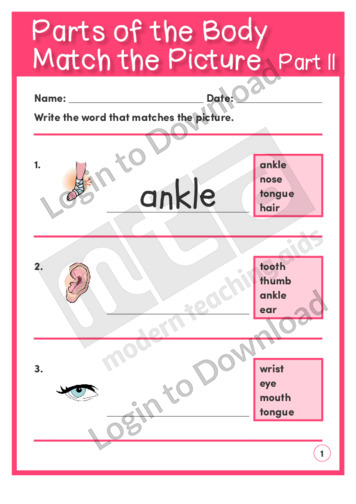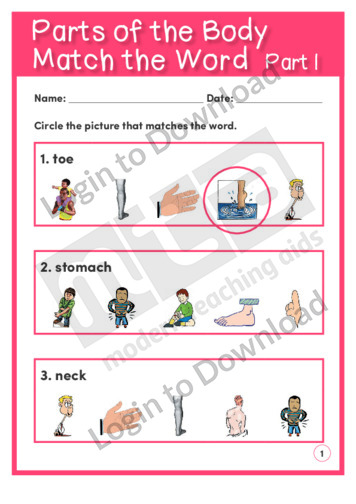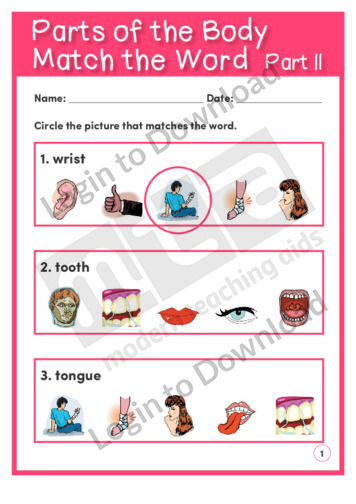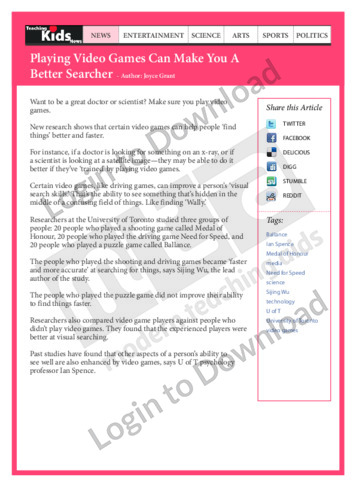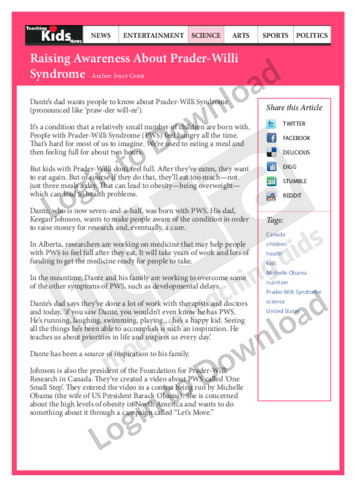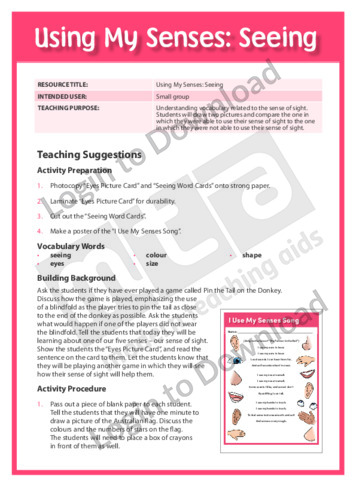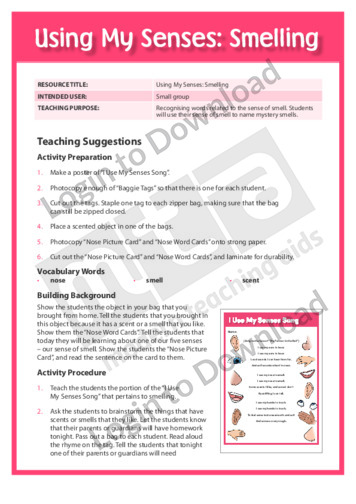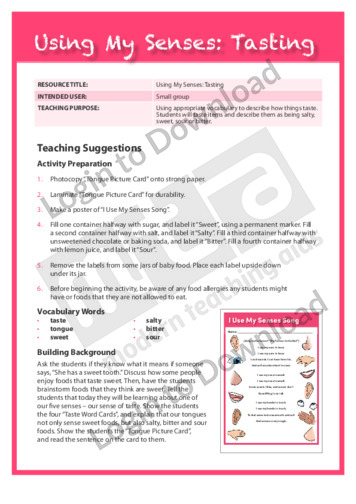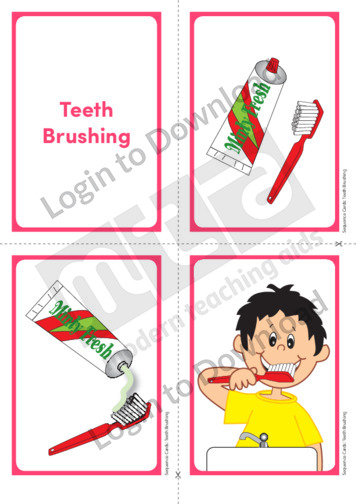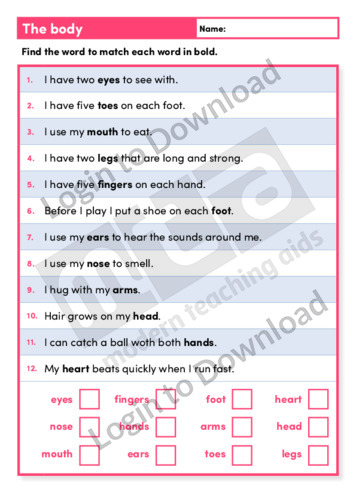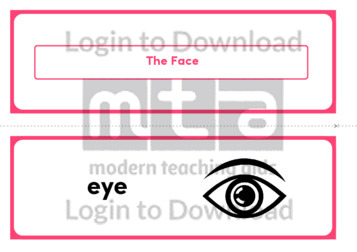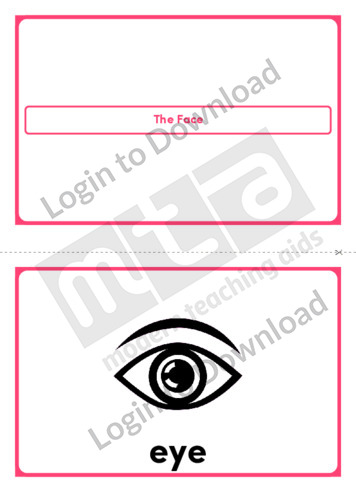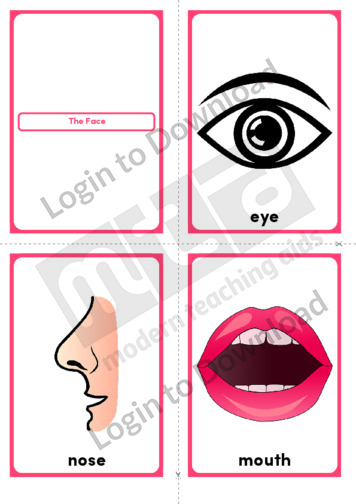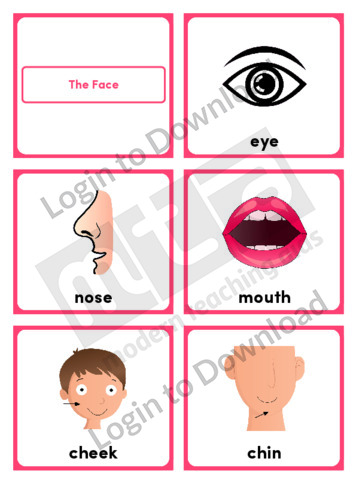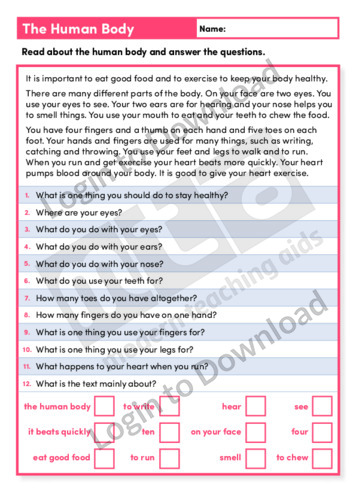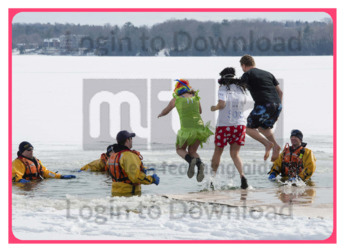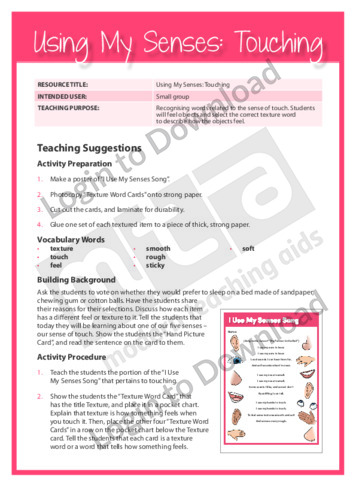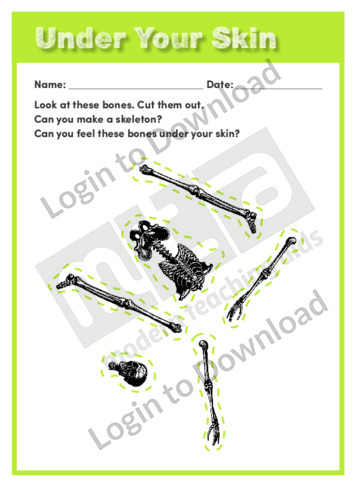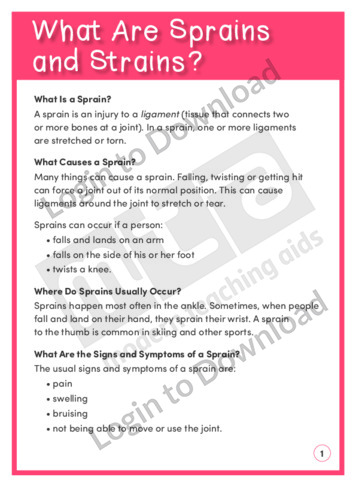This reading comprehension activity, ‘Action Plans Keep Asthma in Check’ asks students to answer questions about asthma and action plans to cope with it. It is aimed at increasing students’ awareness of semantics and encourages students to recall information and think about word meanings.
This writing prompt, ‘All Five Senses’ helps students to write about what they like to use each of their five senses for. It encourages students to think about the five main senses and is aimed at broadening students’ writing and language skills.
This life science worksheet, ‘All Kinds of Skin’ asks students to identify different kinds of skin on their own bodies. It supports an understanding of the human body.
This sequencing activity, ‘Baby to Adult’ develops comprehension through sequencing images about the growth of the human body.
This life science worksheet, ‘Before School’ asks students to record the things they do each day before school. It supports an understanding of daily routines.
This history article, ‘Christiaan Barnard’ features the South African surgeon who was the first person in the world to perform a human heart transplant. It provides factual information about Christiaan Barnard and heart transplants, along with a glossary of unfamiliar words and terms from the text. It is aimed at broadening students’ cultural and historical …More
This life science worksheet, ‘Clever Skin’ supports students to consider the things skin can do. It supports an understanding of the human body.
This life science worksheet, ‘Different Eyes’ asks students to observe and compare the eyes of different animals. It supports an understanding of animals.
This kids news activity, ‘Eating Like They Do In The Mediterranean Is Good For Your Heart’ reports on research suggesting a link between a Mediterranean diet and heart health.
This life science worksheet, ‘Eyes’ supports students to observe, identify and record the parts of the eye. It supports an understanding of the human body.
This writing prompt, ‘Genes’ helps students to write about controlling certain things by changing genes and how they think this should be decided. It encourages students to think about genetics and is aimed at broadening students’ writing and language skills.
This reading comprehension activity, ‘Great Taste’ asks students to answer comprehension questions about taste buds. It is aimed at developing students’ awareness of semantics and encourages them to draw conclusions and make judgements.
This vocabulary development activity, ‘Using My Senses: Hearing’ supports vocabulary development by encouraging students to determine the name of objects hidden from view based on the sound each object makes. It is aimed at helping students recognise language related to the sense of hearing. It provides a senses song chart and an ear picture card.
This writing prompt, ‘How’s the Weather Up There?’ helps students to write about how life would change if they were suddenly extremely tall. It encourages students to think about the advantages and disadvantages of being tall and is aimed at broadening students’ writing and language skills.
This reading comprehension activity, ‘Laser Eye Surgery’ asks students to answer questions about an eye surgery procedure that helps correct some eye defects. It is aimed at increasing students’ awareness of semantics and encourages students to recall information and draw conclusions.
This writing prompt, ‘Left or Right?’ helps students to write about whether they are a left brain or right brain thinker and how that affects their school work. It encourages students to think about how the brain functions and is aimed at broadening students’ writing and language skills.
This oral language photo activity ‘Body’, enhances vocabulary and concept development by providing a thought-provoking visual stimulus that can be used as a prompt to engage students in discussion. Each photo is complete with an accompanying lesson plan featuring tips and activities to develop oral language and vocabulary further.
This life science worksheet, ‘Looking at Eyes’ asks students to observe a partner’s eyes to identify parts of the eye. It supports an understanding of the human body.
This life science worksheet, ‘Make a Body Map’ asks students to identify and label parts of the body.
This set of flashcards,’My Body’,supports vocabulary development about the body. Topic based flashcards are a great tool for teachers or parents to build a child’s vocabulary and improve word association. Browse over 200+ thematic flashcards and make learning fun!
This set of flashcards,’My Body’,supports vocabulary development about the body. Topic based flashcards are a great tool for teachers or parents to build a child’s vocabulary and improve word association. Browse over 200+ thematic flashcards and make learning fun!
This set of flashcards,’My Body’,supports vocabulary development about the body. Topic based flashcards are a great tool for teachers or parents to build a child’s vocabulary and improve word association. Browse over 200+ thematic flashcards and make learning fun!
This set of flashcards,’My Body’,supports vocabulary development about the body. Topic based flashcards are a great tool for teachers or parents to build a child’s vocabulary and improve word association. Browse over 200+ thematic flashcards and make learning fun!
This reading comprehension activity, ‘My Body Part I’ asks students to match simple sentences to pictures that show different parts of the human body. It is aimed at developing students’ awareness of semantics and encourages them to recognise the association between a picture and a sentence describing it.
This reading comprehension activity, ‘My Body Part II’ asks students to match simple sentences to pictures that show different parts of the human body. It is aimed at developing students’ awareness of semantics and encourages them to recognise the association between a picture and a sentence describing it.
This physical science worksheet, ‘My Skin’ supports students to notice and record the different textures of their own skin. It supports an understanding of animals and the human body.
This history article, ‘Nkosi Johnson’ features the South African child who put a face to the AIDS epidemic in South Africa, and the world. It provides factual information about Nkosi Johnson, HIV/AIDS and his fight to protect the rights of innocent children infected with this disease, along with a glossary of unfamiliar words and terms …More
This set of flashcards,’Organs’,supports vocabulary development about the body’s organs. Topic based flashcards are a great tool for teachers or parents to build a child’s vocabulary and improve word association. Browse over 200+ thematic flashcards and make learning fun!
This set of flashcards,’Organs’,supports vocabulary development about the body’s organs. Topic based flashcards are a great tool for teachers or parents to build a child’s vocabulary and improve word association. Browse over 200+ thematic flashcards and make learning fun!
This set of flashcards,’Organs’,supports vocabulary development about the body’s organs. Topic based flashcards are a great tool for teachers or parents to build a child’s vocabulary and improve word association. Browse over 200+ thematic flashcards and make learning fun!
This set of flashcards,’Organs’,supports vocabulary development about the body’s organs. Topic based flashcards are a great tool for teachers or parents to build a child’s vocabulary and improve word association. Browse over 200+ thematic flashcards and make learning fun!
This reading comprehension activity, ‘Otitis Media’ asks students to answer questions about Otitis media, an inflammation of the middle ear. It is aimed at increasing students’ awareness of semantics and encourages students to recall information and think about word meanings.
This reading comprehension activity, ‘Ouch – That Hurt!’ asks students to answer questions about pain. It is aimed at increasing students’ awareness of semantics and encourages students to recall information, draw conclusions and make predictions.
This vocabulary activity, ‘Parts of the Body’ supports vocabulary development by encouraging students to identify functions of parts of the body.
This reading comprehension activity, ‘Parts of the Body Match the Picture 1′ asks students to write words to match pictures that relate to parts of the body. It is aimed at developing students’ awareness of semantics and encourages them to recognise the association between a picture and a word describing it.
This reading comprehension activity, ‘Parts of the Body Match the Picture Part 2′ asks students to write words to match pictures that relate to parts of the body. It is aimed at developing students’ awareness of semantics and encourages them to recognise the association between a picture and a word describing it.
This reading comprehension activity, ‘Parts of the Body Match the Word 1′ asks students to identify words and pictures that relate to parts of the body. It is aimed at developing students’ awareness of semantics and encourages them to recognise the association between a picture and a word describing it.
This reading comprehension activity, ‘Parts of the Body Match the Word 2′ asks students to identify words and pictures that relate to parts of the body. It is aimed at developing students’ awareness of semantics and encourages them to recognise the association between a picture and a word describing it.
This kids news activity, ‘Playing Video Games Can Make You A Better Searcher’ reports on research suggesting a link between gaming and the development of visual search skills.
This kids news activity, ‘Raising Awareness About Prader-Willi Syndrome’ is about a boy with a rare medical condition and his family’s efforts to find a cure.
This vocabulary development activity, ‘Using My Senses: Seeing’ supports vocabulary development by encouraging students to draw two pictures and compare the one in which they were able to use their sense of sight to the one in which they were not able to use their sense of sight. It is aimed at helping students understand …More
This vocabulary development activity, ‘Using My Senses: Smelling’ supports vocabulary development by encouraging students to use their sense of smell to name mystery smells. It is aimed at helping students recognise words related to the sense of smell. It provides a senses song chart, a nose picture card, nose word cards and baggie tag cards.
This vocabulary development activity, ‘Using My Senses: Tasting’ supports vocabulary development by encouraging students to taste items and describe them as being salty, sweet, sour or bitter. It is aimed at helping students use words to describe how things taste. It provides a senses song chart, taste word cards and a tongue picture card.
This vocabulary activity, ‘The Body’ supports vocabulary development by encouraging students to identify the correct body words in context.
This set of flashcards,’The Face’,supports vocabulary development about the face. Topic based flashcards are a great tool for teachers or parents to build a child’s vocabulary and improve word association. Browse over 200+ thematic flashcards and make learning fun!
This set of flashcards,’The Face’,supports vocabulary development about the face. Topic based flashcards are a great tool for teachers or parents to build a child’s vocabulary and improve word association. Browse over 200+ thematic flashcards and make learning fun!
This set of flashcards,’The Face’,supports vocabulary development about the face. Topic based flashcards are a great tool for teachers or parents to build a child’s vocabulary and improve word association. Browse over 200+ thematic flashcards and make learning fun!
This set of flashcards,’The Face’,supports vocabulary development about the face. Topic based flashcards are a great tool for teachers or parents to build a child’s vocabulary and improve word association. Browse over 200+ thematic flashcards and make learning fun!
This reading activity, ‘The Human Body’ provides opportunities for practice with reading a passage about the body and answering comprehension questions.
This photo activity card, ‘The Polar Bear Plunge’, provides integrated thematic vocabulary and oral language development activities on the topic of the Polar Bear Plunge. It is aimed at broadening students’ awareness of this Canadian tradition and can be used as a prompt for further discussion or study of Canada.
This vocabulary development activity, ‘Using My Senses: Touching’ supports vocabulary development by encouraging students to feel objects and select the correct texture word to describe how the objects feel. It is aimed at helping students recognise words related to the sense of touch. It provides a senses song chart, texture word cards and a hand …More
This life science worksheet, ‘Under Your Skin’ asks students to cut out pictures of bones and assemble them to make a skeleton. It supports an understanding of the human body.
This reading comprehension activity, ‘What Are Sprains and Strains?’ asks students to answer questions about what causes sprains and strains and how to prevent them. It is aimed at increasing students’ awareness of semantics and encourages students to recall information and draw conclusions.
It�s that easy!

